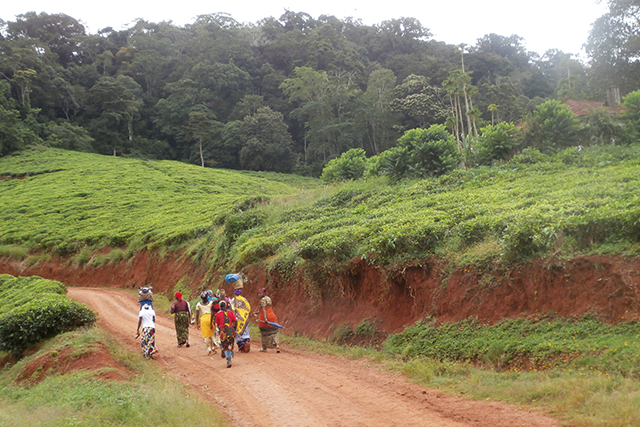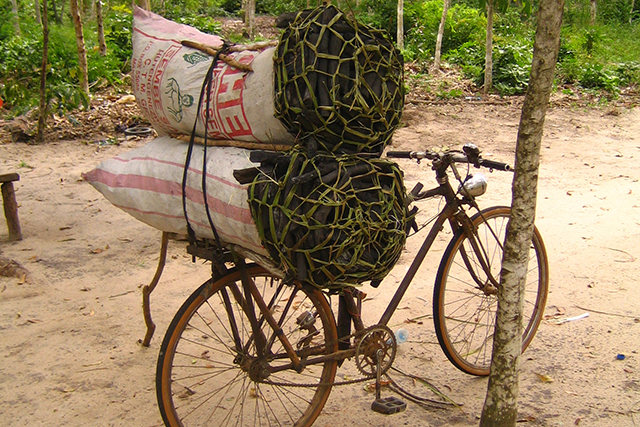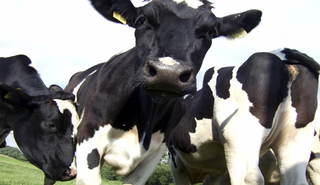Uniting research on agriculture, environment and behavioural economics
The UK’s largest collective of applied economists and social scientists focused on the agri-food sector, the Agri-Food Economics and Social Science Research Division undertakes multidisciplinary research across the broad food chain. This encompasses food and agriculture policy, health and nutrition, and the environment.
Our applied research incorporates agricultural, environmental, and behavioural economics, focusing on issues central to higher and lower-income countries. These include: how to provide sufficient, safe, and nutritious food; the impact of agriculture on the environment; and, managing natural resources such as tropical forests for both livelihood and ecological benefits.
The applied nature of our work, in collaboration with NGOs, community groups, and national and international organisations, ensures that we have real-world impact. On a local level, our research benefits the communities that we work with. Globally, our academics are involved with major groups including the UK’s Department for Environment, Food, and Rural Affairs; the Food and Agriculture Organisation; Organisation for Economic Cooperation and Development; and the European Commission.




